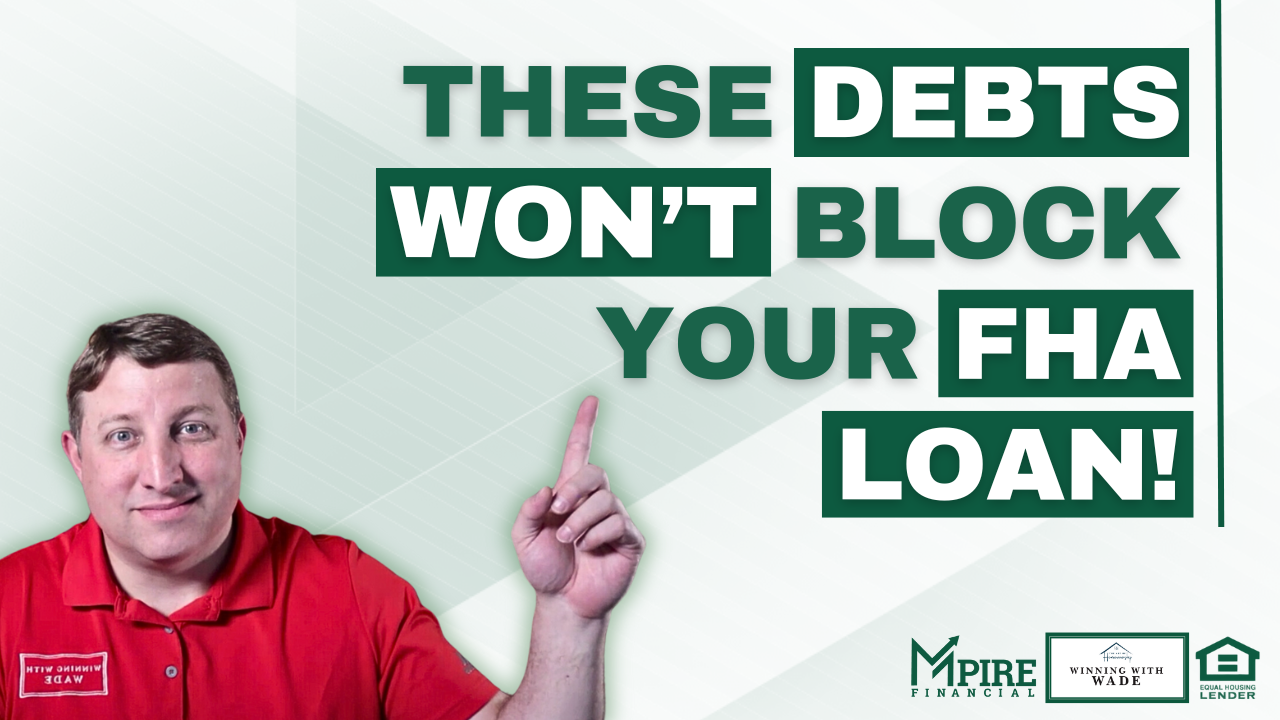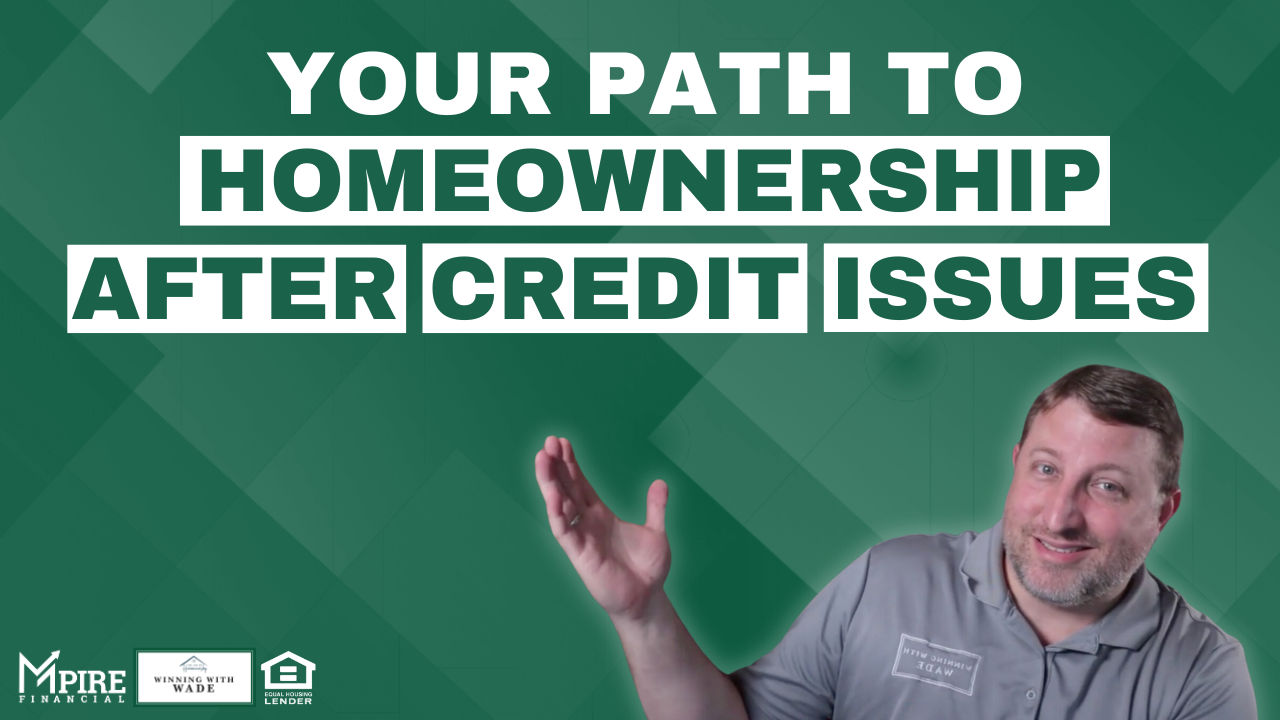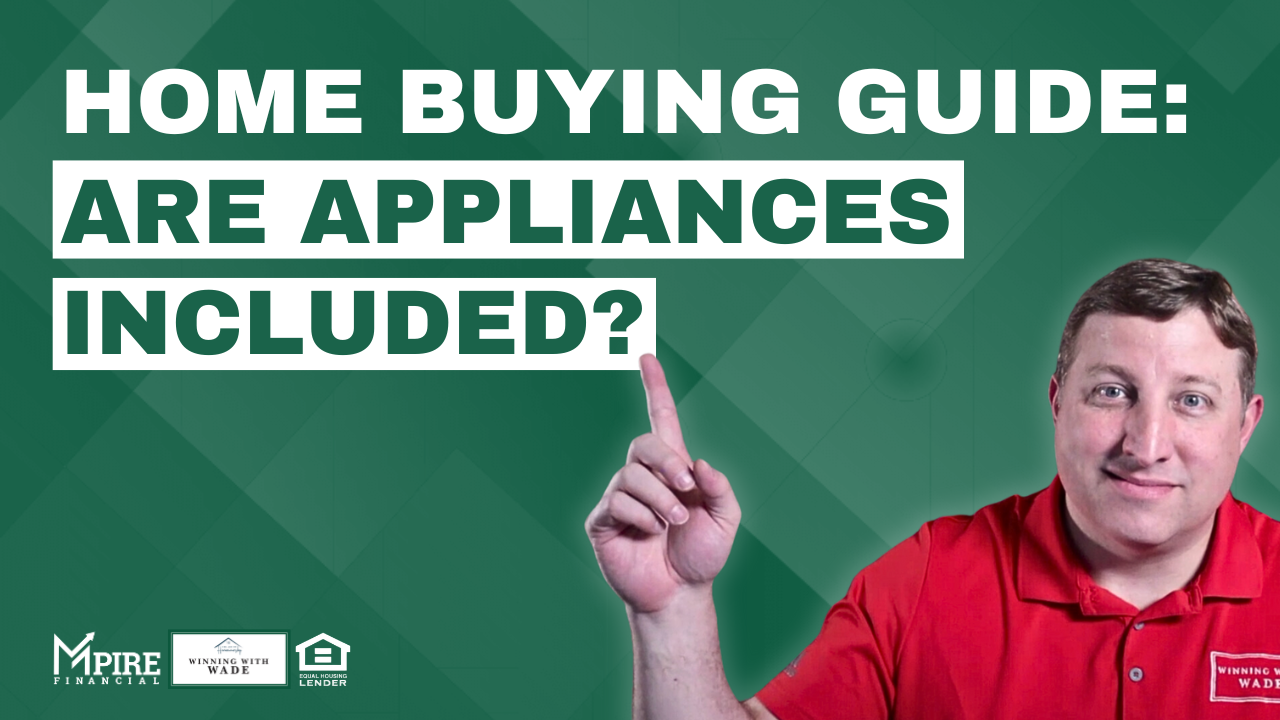FHA Loans and Debt - Are you planning to buy a home but feeling uneasy…
Creative Down Payment and Closing Costs Strategies
Down payment and closing costs are the biggest concern for most first-time homebuyers.
Purchasing a home is a significant milestone in anyone’s life, but it often comes with the daunting challenge of managing the financials. This blog post will explore inventive and practical ways to handle these expenses without depleting your savings.
Cash to Close Basics
When you’re preparing to buy a home, the two main financial hurdles you’ll encounter are the down payment and the closing costs. While there are assistance programs available, they often have limits based on income and loan amounts. Let’s delve into some less conventional sources for funding these costs.
Traditional and Non-Traditional Down Payment
Personal Savings
The most straightforward source is your personal savings. Remember, funds from your bank account need to be “seasoned” (i.e., present in the account for at least 60 days) before making an offer on a home. It’s crucial to ensure that any large deposits are explained, as unaccounted cash or ‘mattress money’ is not acceptable due to verification issues.
Gift Funds
Gift funds are another common source. These can come from a relative by blood or marriage, with no expectation of repayment. It’s best practice to have these funds wired directly to escrow to avoid any complications.
Retirement Plans
Some retirement plans allow a one-time loan for purchasing a primary residence. Check with your HR department or financial advisor to see if your plan offers this option and understand the terms involved.
Employer Assistance Programs
If your employer offers a home-buying assistance program as part of your employment benefits, this could also be a viable source. These funds usually need to be documented and are acceptable to most lenders.
Selling Personal Property
You can also consider selling personal assets like artwork, stocks, or a second property. The key here is to maintain a detailed paper trail of the ownership and sale of the property, and ensure the full sale amount is deposited into your bank account.
Other Closing Costs Avenues
Tax Refunds and Insurance Claims
Money received from tax refunds, insurance claims, or lawsuits can be used toward your home purchase, provided you document these transactions meticulously.
Seller Concessions and Lender Credits
Negotiating seller concessions can help reduce your closing costs, depending on the market conditions and the strength of your offer. Additionally, lender credits might be available in exchange for a higher interest rate, which can offset some closing costs.
Down Payment and Closing Costs Frequently Asked Questions
What is seasoned money? Seasoned money refers to funds that have been in your bank account for over two months, making them less likely to be questioned by lenders.
Can you borrow money for a down payment? Generally, borrowed funds for a down payment are not allowed unless they come as a gift from a family member, which must be documented with a gift letter.
When are down payment and closing costs due? These costs are typically due at closing and can be paid through a cashier’s check or wire transfer. Be vigilant about wire fraud by verifying all payment instructions directly.
What if you can’t afford closing costs? If affording closing costs is a challenge, discuss options with your lender or real estate agent, such as lender credits or negotiating for seller concessions.
Let’s Get Started!
Navigating the financial aspects of buying a home requires careful planning and consideration. Utilizing a combination of personal savings, gifts, employer assistance, and other sources can make the process more manageable.
Most importantly, partnering with a knowledgeable loan officer can provide the guidance and support needed to tackle any challenges that arise during the home buying journey, and that’s where we can help!




